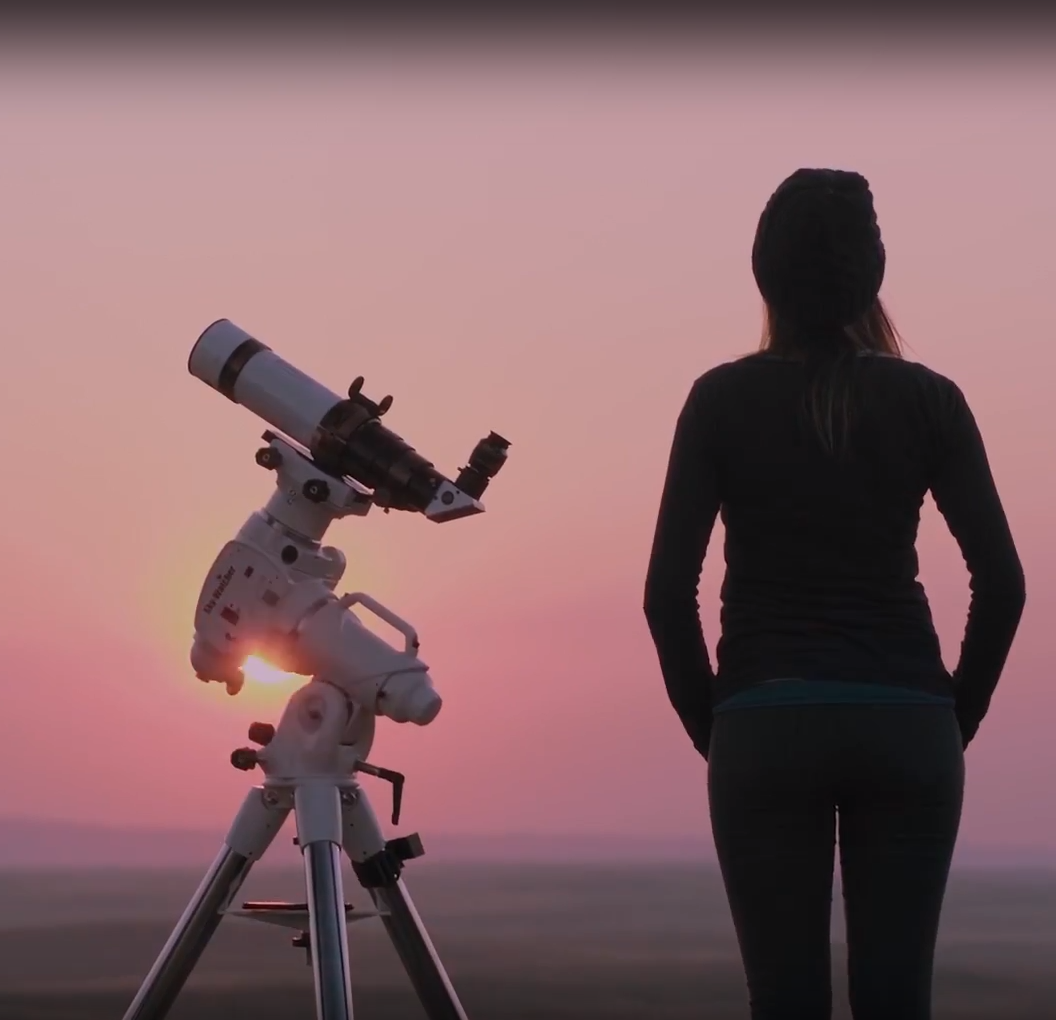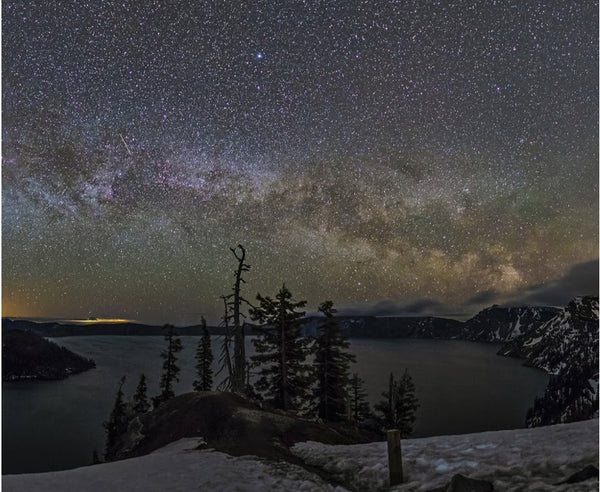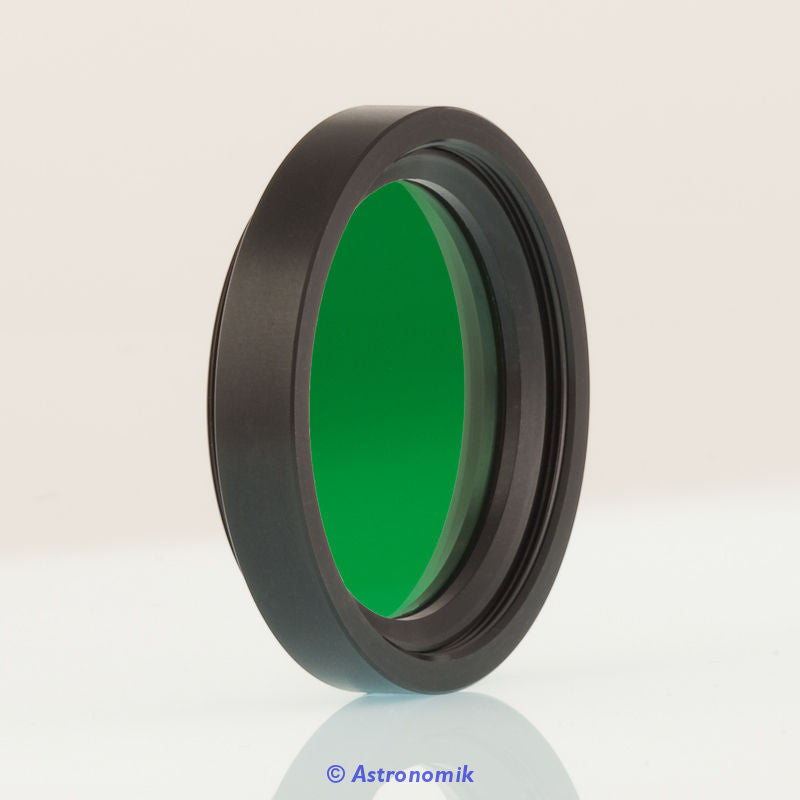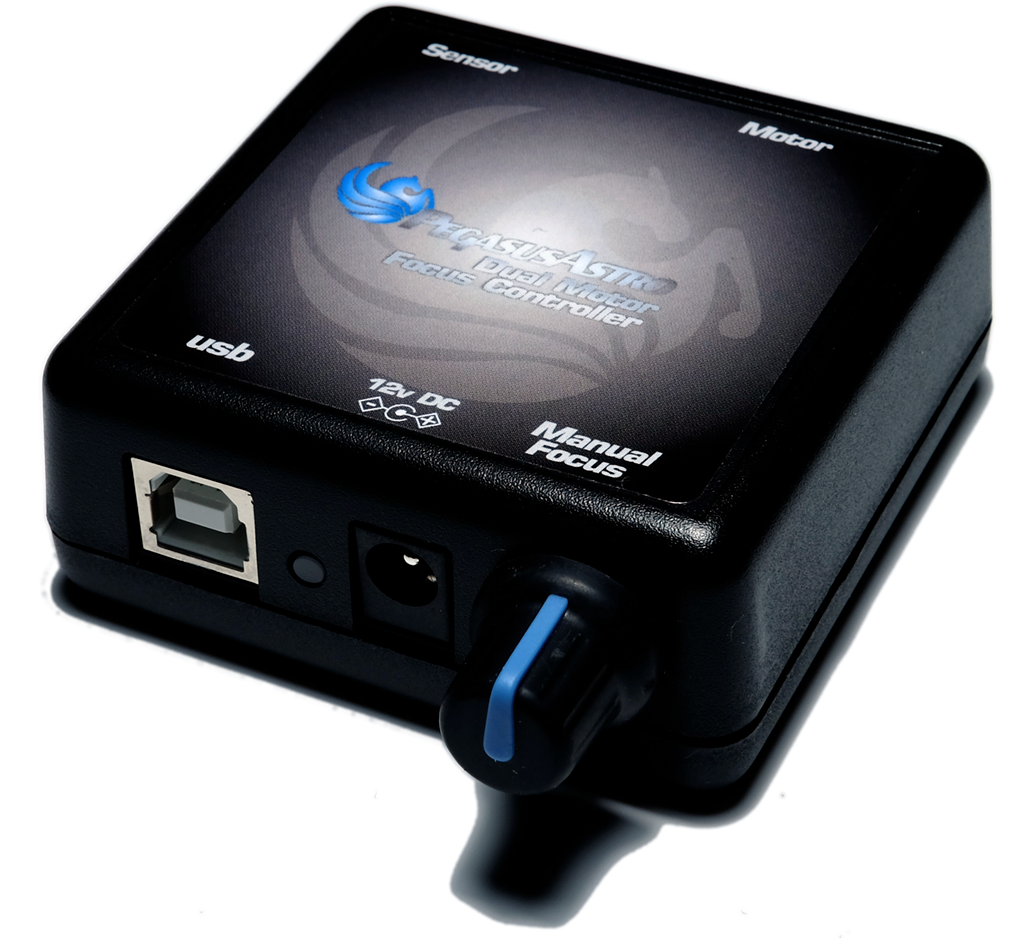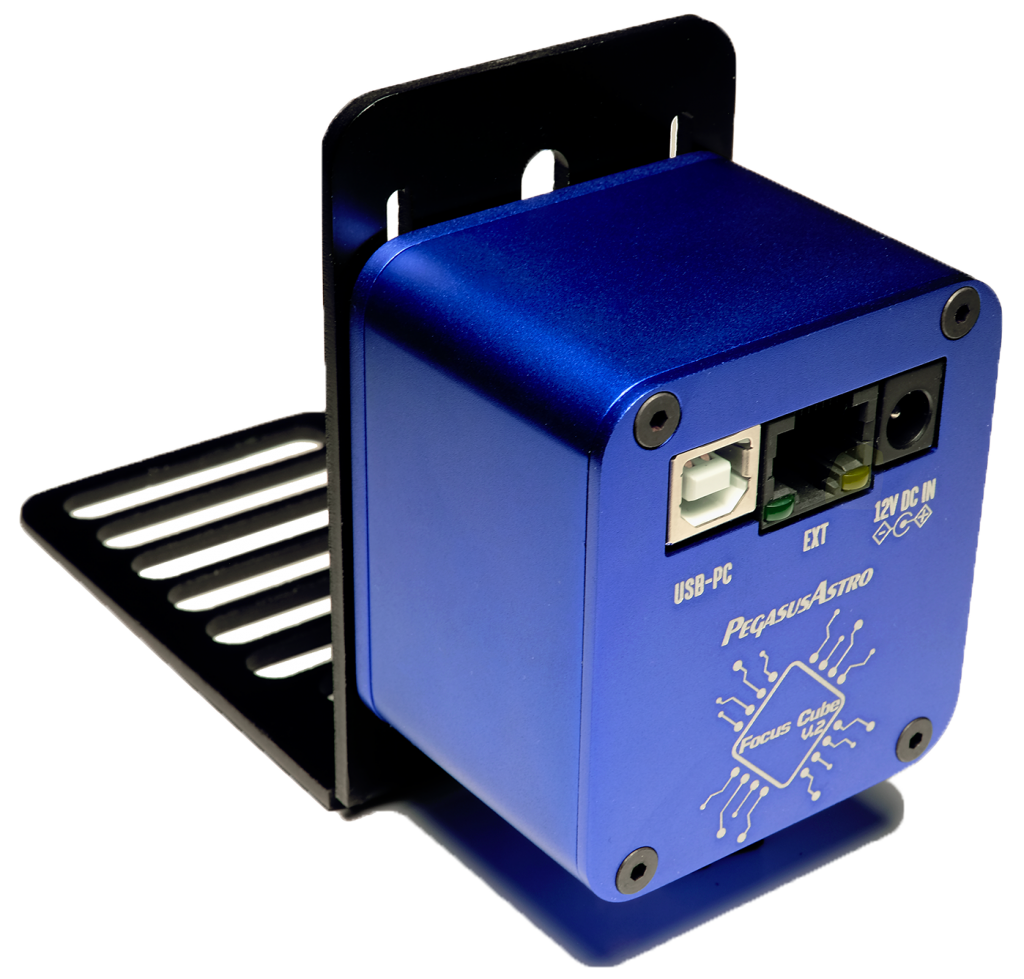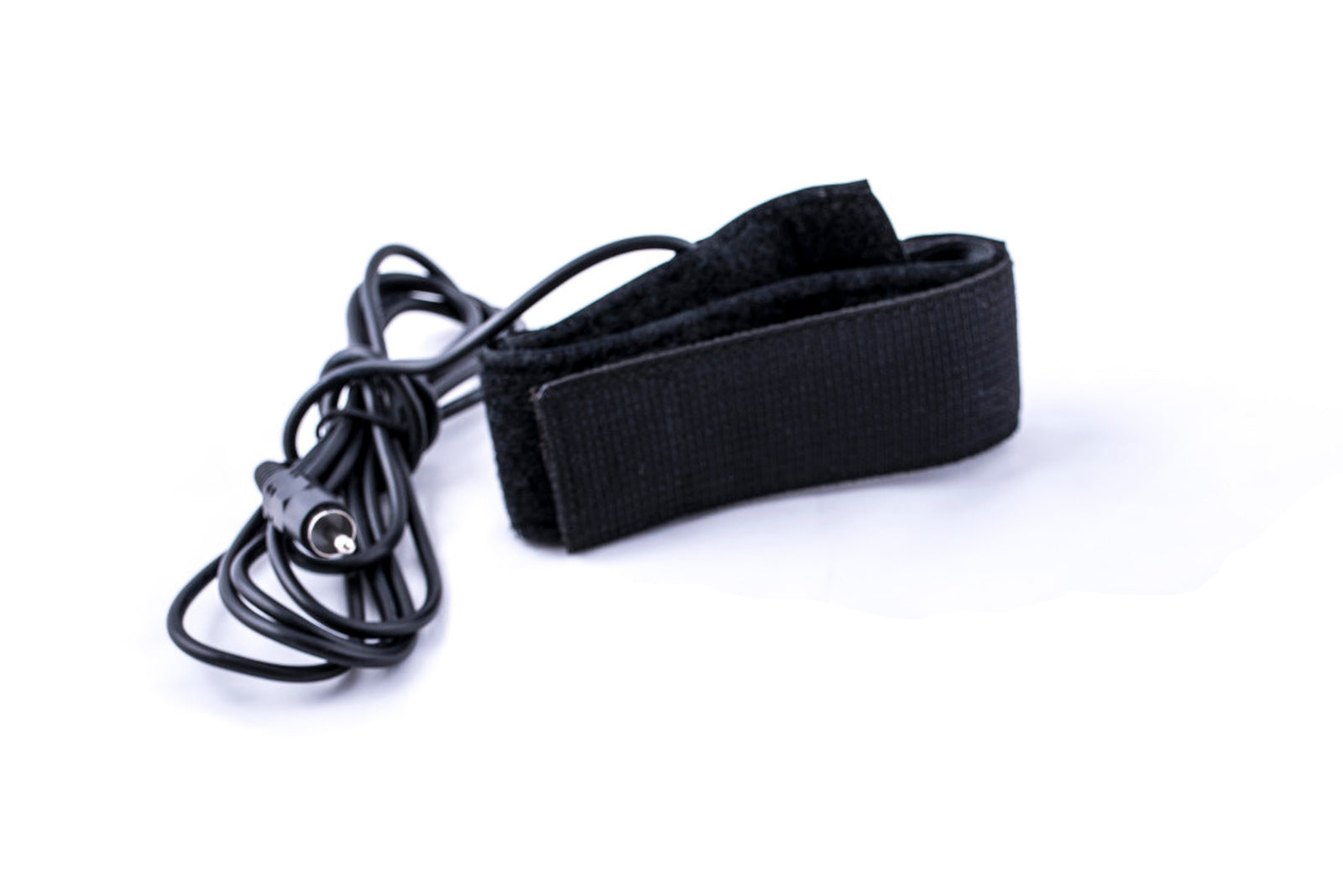The Askar 130PHQ is a long-focal-ratio, flat field astrograph newly released after our the popular 107PHQ. The slightly larger aperture allows for even more flexibility when imaging the night sky. The Aksar line of astrographs provide extremely high quality perspectives on our night sky that yield high resolution, stunning images with pinpoint stars across the entire field of view.

What is an Astrograph?
An astrograph is a specialized telescope designed specifically for astrophotography and is not well suited for visual observing or making general astronomical observations. Although it is possible to use them visually, the extra cost associated with astrographs make them a better value for astro-imaging - their special characteristics aren’t used in a visual setting.
Taking images of the night sky is a specialized use-case for telescopes. As we often say in this hobby, ‘There is no such thing as the perfect telescope.’ We say that because there are so many different objects to look at in space and each one has different requirements to see it.
Dim, large things like galaxies and nebulae require big apertures, a wide field with lower magnifications which means short focal lengths.
Bright small things like planets don’t need aperture because they are brighter, instead we want more detail, higher magnifications and longer focal lengths.
What’s more, telescopes with cameras attached work differently than one designed for use by a human eyeball. This is why you see so many accessories like field-flatteners, telecompressors, filters, etc for an imaging telescope you don’t see for visual observers.
Cameras can also do things an human eye cannot, most notably collect photons over a long time to compensate for aperture size, light pollution, etc.
These differences mean we can’t just buy one telescope to do all things and astrographs are a special telescope designed to do one thing and do it well: take pictures of the night sky.
The Askar 130PHQ
Searching for an aperture ‘sweet spot’ - one that allows for high resolution and shorter exposure times - is usually made for us based on price. We want to buy the largest aperture we can afford and the 130mm diameter of this astrograph is a good price point for the aperture. The extra 23mm of light collecting ability in this model puts the astro imager in a slightly higher league, providing a path to exquisite deep-sky images at exposure times not possible with smaller diameter objectives.
As with all astrographs, the field flattener is built-in, just forward of the focuser, relieving you of the hassle of calculating any back focus or other tedious connections.
In addition to the larger aperture, the focal length at f/7.7 is longer than other models, this will yield higher details and slightly higher magnifications but with a field of view suitable for all deep sky objects. The longer focal length will be especially effective on planetary and larger deep sky objects which, when combined with the larger 130mm aperture, will provide stunning detail in a reasonable time.
The image plane is also quite large for this focal ratio and is one of the main strengths of this telescope. The 130PHQ supports a whopping 60mm image circle, making it able to support a medium frame camera with pinpoint stars all the way out the edge of the frame. The measured RMS spot diagram of the optical system puts stars throughout the plane at only 2 microns.
The 130PHQ comes with a telescopic lens hood, a high quality CNC machined and painted tube and attractive decorative parts. The 3.4" rigid focuser comes with M68, M54, and M48 adapters and a finder base. When used with the 3" 0.7 x flat field reducer, the telescope can reach a focal ratio of f/5.4 and a focal length of 700mm, effectively reducing exposure time. The multifunctional handle comes with a central slot for attaching an M6 screw with an M6 screw hole. Standard Losmandy dovetail plate, together with sturdy double tube ring, is perfectly suited for viewing and shooting.
Maximum accessory connection (with the focuser fully retreated)
1. Imaging mode:
- 116mm(from the base of M48×0.75 male thread)
- 136mm(from the base of M54×0.75 male thread)
- 156mm(from the base of M68×1male thread)
- 186mm(from the base of M86×1 male thread)
2. Observing mode:
- 148.5mm(from the end of 2" eyepiece holder)
Total length:
- 842.5mm(including 1.25" eyepiece holder as dew shield contracted)
- 889.5mm(including the 4-piece adapter as dew shield contracted)
- 1011.5mm(including 1.25" eyepiece holder as dew shield fully stretched)
- 1061.5mm(including the 4-piece adapter as dew shield fully stretched)
Mechanical Diagram
Diagrams


